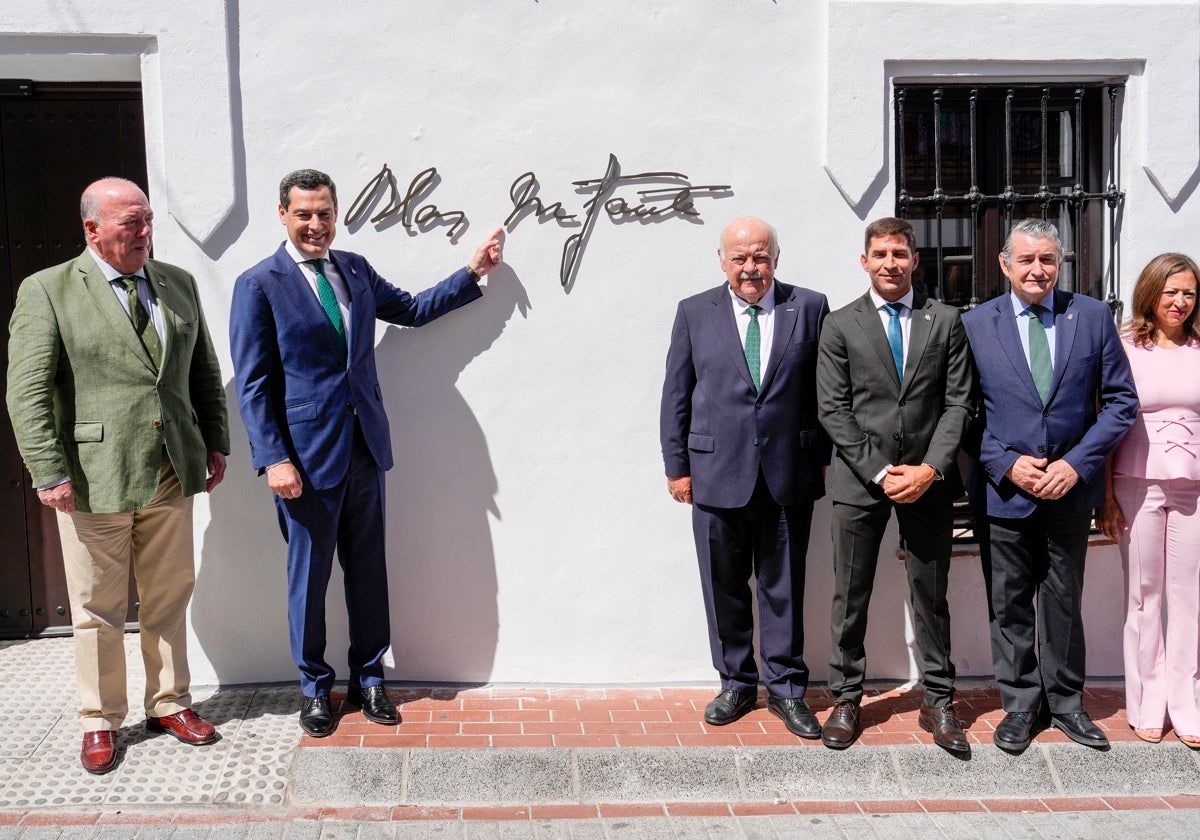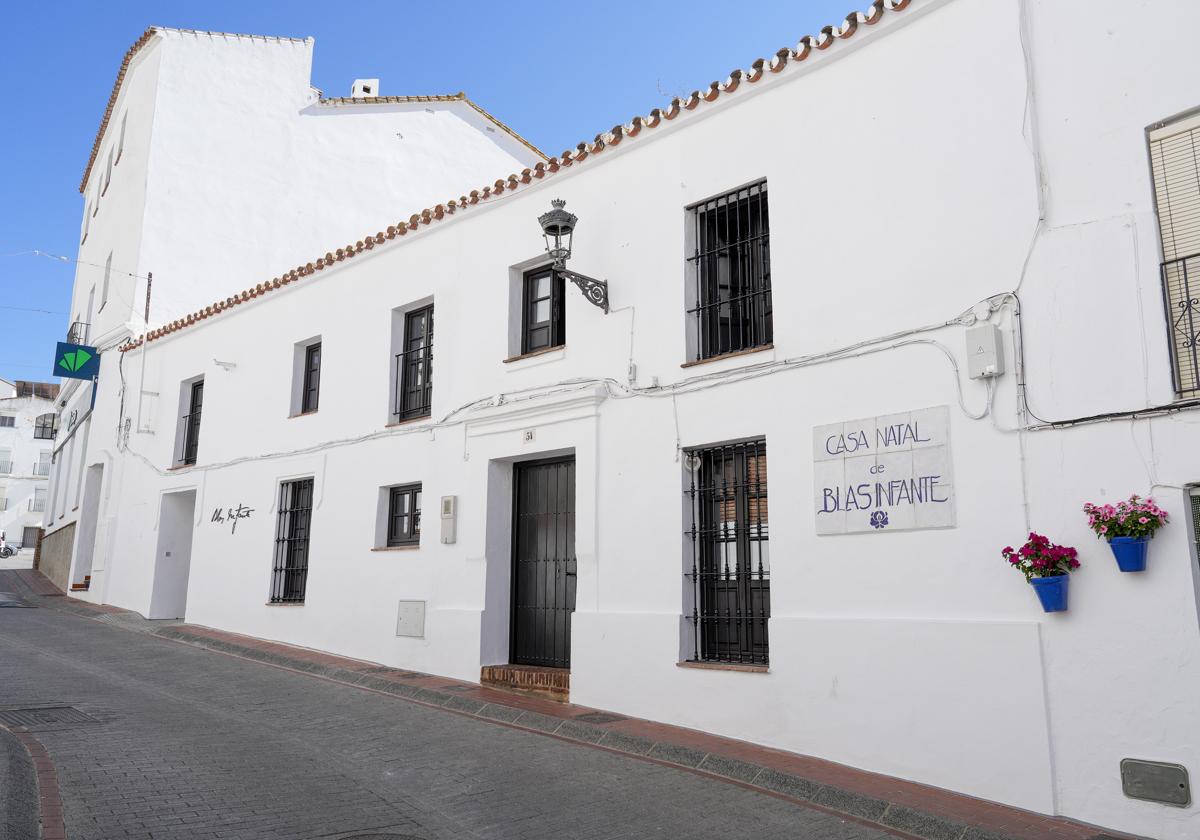Costa del Sol town reopens museum in honour of 'father of Andalucía'
The birthplace of Blas Infante has been refurbished and extended, giving it greater accessibility, as well as more books, paintings and personal objects belonging to the iconic figure
Following its closure in 2021, the Casa Natal de Blas Infante in Casares (Malaga province) has reopened after a refurbishment which involved the Junta de Andalucía, the provincial Diputación de Málaga and Casares town hall.
The museum space has been extended by 400 metres on each floor and the information and interactive panels have been updated, using not only original photographs but also illustrations for a better educational explanation of the life and work of Blas Infante, who is considered the 'founding father of the Andalusian homeland'.
This increase in space will also allow personal objects donated by his grandchildren to be exhibited for the first time, including glasses, a fountain pen and manuscripts, as well as some first edition books and documents that the town hall has been collecting over the last 25 years.
Blas Infante lived in the house with his parents and brother until the age of 25. It was there that he decided he wanted to change people's ideas on political autonomy, Andalusian cultural identity, unity and progress. His vision included Andalusian regeneration that integrated the region with and supported the rest of Spain.
Museum conversion
Vanessa López, Casares tourism officer who is in charge of the Casa Natal, explained that "the Infante Casares family could sustain this house because they were a wealthy family. The original house occupied the whole block, it was a family house, upstairs they lived with the maternal grandparents and downstairs in the basement they kept the animals, the herds of cows and oxen... whose roof we have preserved".
"This house was sold in parts from 1920, when Blas Infante took his mother to Coria del Río and his brother was already a judge in Madrid. They no longer lived in Casares and decided to sell it because it was too big and it was bought by people who were not relatives," Vanessa López told SUR.
Casares town hall was interested in buying the house from the then owners at the end of the 1990s. The house was empty, "so they bought the first part, which is the most symbolic because it has the kitchen, the cupboard and the staircase," explains López.
"When the town hall converted it into a museum there was nothing left of Blas Infante in it, nor of the family, no furniture or anything else, only the holes in the wall, the coal oven, the sink...".
"We are excited about the opening after four years. The figure of Blas Infante has always been vindicated, but nowadays it has many parallels with the current situation and we believe it is needed more than ever. The town hall is very committed to the recovery of the values that Blas Infante represents," concluded Vanessa López.



Comentar es una ventaja exclusiva para registrados
¿Ya eres registrado?
Inicia sesiónNecesitas ser suscriptor para poder responder.
Necesitas ser suscriptor para poder votar.